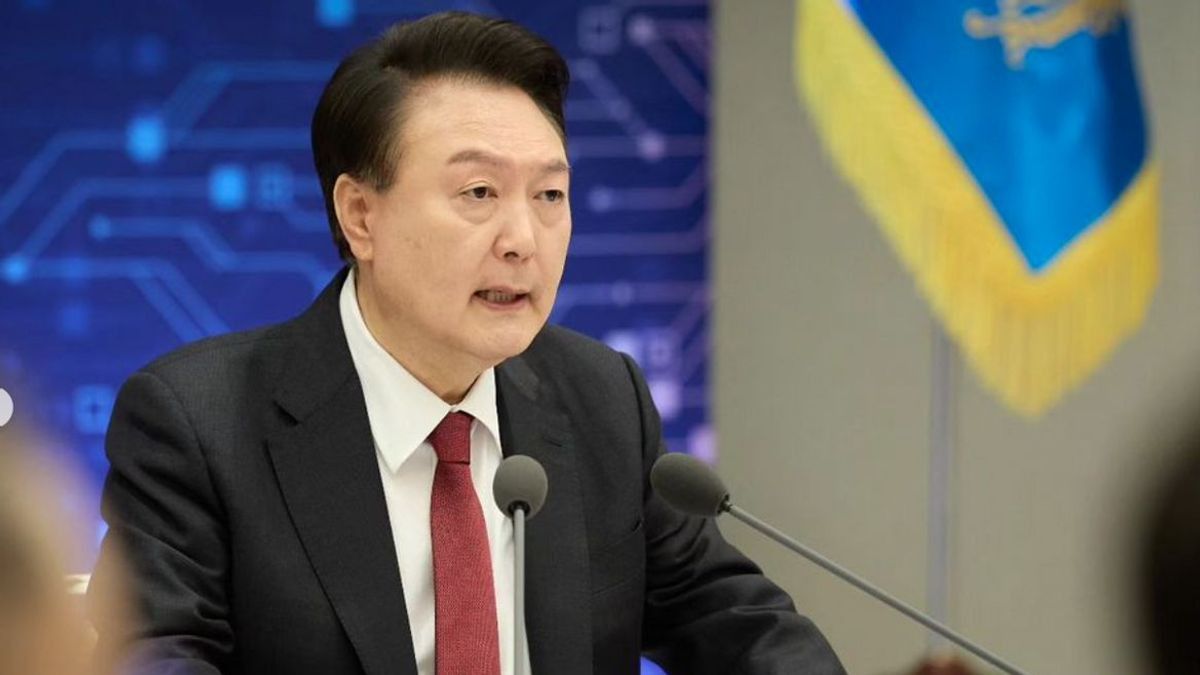JAKARTA South Korean President Yoon Suk Yeol said South Korea was in a demographic national emergency due to a population decline.
He promised to make every effort to overcome the very low birth rate.
Yoon made this statement at a presidential committee meeting on low birth rates and an aging population amid grim prospects and warnings that the South Korean population could eventually become extinct if the trend was not reversed.
"Today, I officially declare a national demographic emergency. We will activate the government's comprehensive response system until the problem of low birth rates is resolved," Yoon said as quoted by ANTARA from Yonhap-OANA, Wednesday, June 19.
South Korea's total fertility rate or the average number of children born to a woman throughout her life, dropped to a new low of 0.72 in 2023. That figure is well below the replacement rate of 2.1 required to maintain the country's population at 51 million.
South Korea has tried various incentives to help attract families to have children over the past decade. However, a number of factors, including expensive housing prices, education costs, and long working hours, make young people reluctant to form families and have babies.
Yoon outlined three major areas that focus on work and life balance, increased child care, and better housing provision to address complex problems.
The steps taken include increasing parental leave allowances and extending father leave to encourage the level of use of father leave, from 6.8 percent to 50 percent, during Yoon's tenure.
In addition, there is a policy of implementing flexible working hours and extending the age limit for reducing working hours for parents who have small children.
SEE ALSO:
In addition, there is a provision of subsidies for employers who employ temporary replacements for employees who are on leave as parents.
Yoon promised to increase support for child care services and expand after school programs for elementary school students so that they can ease the burden on parental education.
It doesn't stop there, households with newborns will be given priority in housing allocations and low-interest loans for housing purchases. Tax benefits for households with children will also be expanded.
To ensure the implementation of these measures, Yoon said a new ministry temporarily called the Ministry of Population Strategy Planning would be formed.
The minister at the institution will serve as deputy prime minister for social affairs.
The English, Chinese, Japanese, Arabic, and French versions are automatically generated by the AI. So there may still be inaccuracies in translating, please always see Indonesian as our main language. (system supported by DigitalSiber.id)


















